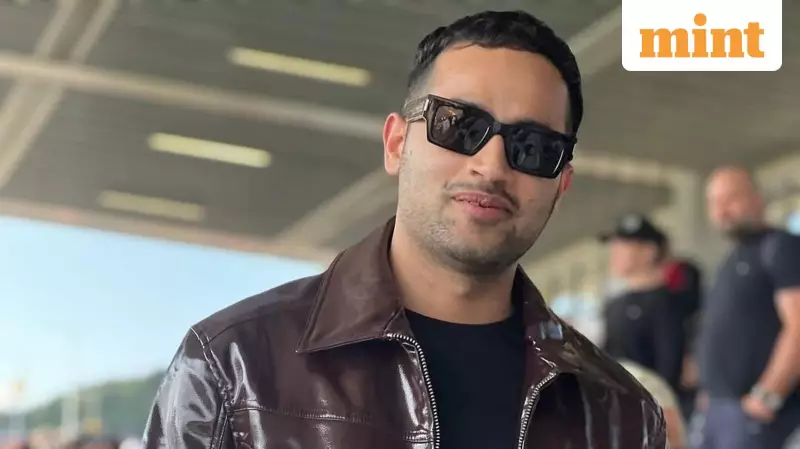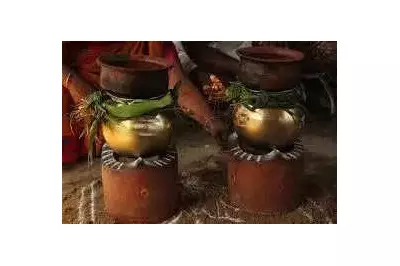
In a groundbreaking judgment that could transform India's digital creator landscape, the Delhi High Court has extended personality rights protection to content creators, marking a significant victory for the country's burgeoning creator economy. The court's decision came in response to podcaster Raj Shamani's petition seeking legal protection against the widespread misuse of his name, likeness, and identity across digital platforms.
The Landmark Judgment and Its Immediate Impact
The Delhi High Court granted an injunction on Monday that prevents individuals and companies from using Shamani's persona for unauthorized endorsements, promotions, or AI-generated deepfakes. Justice Manmeet Pritam Singh Arora, who presided over the case, delivered the ruling that effectively recognizes digital creators as having the same personality rights traditionally reserved for film stars, television celebrities, and sports personalities.
The court specifically addressed several critical aspects of digital impersonation, including protection from fake talent managers, scam booking websites, unauthorized Telegram accounts, and false endorsements. However, the court demonstrated nuance by separating commercial misuse from legitimate online expression, declining to block all hashtags containing Shamani's name and distinguishing issues related to memes, humor, and parody as matters involving free-speech considerations.
Industry Experts Weigh In on the Ruling
Legal experts across the country have hailed the judgment as a watershed moment for content creators. Gauhar Mirza, advocate at law firm Saraf and Partners specializing in technology law, anticipates a wave of similar requests from other creators. "We have seen in the cases for movie personalities, who followed one after another, so other influencers may prefer similar pleas and approach the court," Mirza stated.
Aditi Verma, managing partner at Aishani Partners who specializes in intellectual property law, emphasized the educational value of the judgment. "It educates creators about the legal value of their personal brand, encouraging them to view their name, image, and likeness as protectable assets," she explained, predicting that growing awareness would make creators more vigilant about misuse and proactive in seeking legal remedies.
Practical Implications for Brands and Contracts
The ruling is expected to trigger significant changes in how brands approach collaborations with content creators. According to Amit Panigrahi, partner-IP at law firm Kochhar & Co., "Agreements will now become far more detailed, with clear clauses on the use of name, image, likeness, and any AI-related applications. Expect explicit terms on synthetic content and takedown obligations."
Viraj Sheth, co-founder of new-age media company Monk Entertainment, highlighted the commercial implications for creators with strong personal brands. "The threshold is simple. Once a creator's face becomes commercial IP, they cannot afford misuse. Finance creators, wellness creators, political commentators—all of them are at high risk," Sheth noted, suggesting that creators may increasingly involve lawyers early in their careers.
Creator Community's Reaction and Future Expectations
Popular mom influencer Shivani Kapila, known as Littleglove on YouTube with nearly 17 million subscribers, expressed relief at the development. "The community had been waiting for clear regulations for nearly a decade," she revealed. Kapila emphasized the particular importance of such protections in the age of artificial intelligence, where highly realistic videos can be generated effortlessly.
However, Kapila and other creators acknowledge that broader, industry-wide guidelines are still needed to comprehensively address issues such as IP theft. She advocated for cooperation with social media platforms including Instagram, YouTube, X, Reddit, Telegram, and Snapchat to develop more robust protection mechanisms.
Content creator Satshya Tharien, who previously battled a deepfake advertisement for a skincare product, shared her personal struggle with the existing system. "When this happened to me, and I explored legal action, I could only file a complaint under defamation. But this is such an IT-specific issue that legal recourse isn't very clear," she recounted, highlighting the limitations of current legal frameworks in addressing digital impersonation effectively.
Platform Responsibilities and Future Safeguards
The judgment also puts pressure on social media platforms to enhance their protection mechanisms. While platforms like YouTube offer content detection features that alert creators when their likeness appears in other videos, creators argue that more comprehensive solutions are necessary.
Ayush Guha, business head at Creator18, summarized the broader implications: "This signals that misrepresenting creators won't be tolerated. Platforms will also have to take more responsibility. Finance and health influencers especially need tighter safeguards."
As India's creator economy continues to expand rapidly, this landmark judgment establishes crucial legal precedents that could shape the industry for years to come, providing much-needed protection for digital creators while balancing the interests of free expression and commercial rights.





